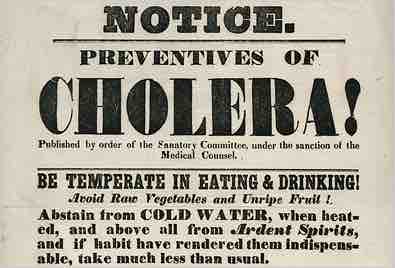Epidemiology is the study (or the science of the study) of the patterns, causes, and effects of health and disease conditions in defined populations. It is the cornerstone of public health, and informs policy decisions and evidence-based medicine by identifying risk factors for disease and targets for preventive medicine. Epidemiologists help with study design, collection and statistical analysis of data, and interpretation and dissemination of results (including peer review and occasional systematic review). Epidemiology has helped develop methodology used in clinical research, public health studies and, to some extent, basic research in the biological sciences.
Epidemiologists employ a range of study designs from observational to experimental and generally categorized as descriptive, analytic (aiming to further examine known associations or hypothesized relationships), and experimental (a term often equated with clinical or community trials of treatments and other interventions).
Where descriptive epidemiology describes occurrence of disease (or of its determinants) within a population, the analytical epidemiology aims to gain knowledge on the quality and the amount of influence that determinants have on the occurrence of disease. The usual way to gain this knowledge is by group comparisons. Such a comparison starts from one or more hypotheses about how the determinant may influence occurrence of disease. Analytical epidemiology attempts to determine the cause of an outbreak. Using the case control method, the epidemiologist can look for factors that might have preceded the disease. Often, this entails comparing a group of people who have the disease with a group that is similar in age, sex, socioeconomic status, and other variables, but does not have the disease. In this way, other possible factors, e.g., genetic or environmental, might be identified as factors related to the outbreak .

Cholera Outbreak
The outdated public health advice demonstrates the lack of understanding of the disease and its actual causative factors in the absence of epidemiological analysis.